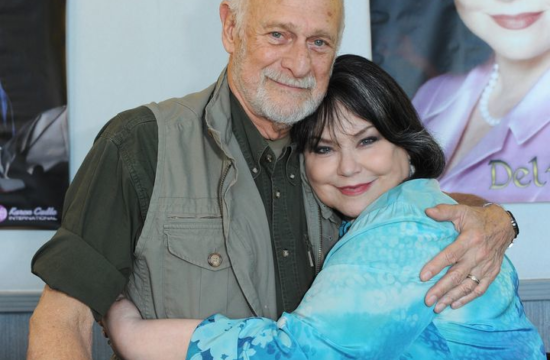Taylor Swifts Midnights Gives You Something To Stay Up For
Back in September, Taylor Swift offered a glimpse into her songwriting process while speaking at the Nashville Songwriter Awards. She sorts her songs into three categories, she said — “quill lyrics, fountain pen lyrics and glitter gel pen lyrics” — based on the writing implement she imagined using when composing each one.
Quill lyrics, she explained, were words that could have come out of a Charlotte Brontë novel. The fountain pen was reserved for “a modern storyline or references, with a poetic twist. … The songs I categorize in this style sound like confessions scribbled and sealed in an envelope, but too brutally honest to ever send.” And, finally, the glitter gel pen was for the “frivolous, carefree, bouncy” songs.
“I don’t actually have a quill — anymore. I broke it once when I was mad,” she added.
It was a timely reveal, perhaps the subtlest of Easter eggs that Swift is so fond of leaving fans in the lead-up to album releases. Her latest work, “Midnights,” feels like a perfect combination of those fountain and glitter gel pens, plumbing obsessive thoughts and emotional depths over a layer of boppy drum machine beats and slick production.
The album, which Swift teased in August as “13 sleepless nights scattered throughout my life,” is one of her most cohesive, full of the restless wonderings that keep you from sleep as well as the adrenaline that makes it impossible to call it a night.

It’s a big departure from the early pandemic surprise drops of “Folklore” and “Evermore” that embodied coziness and escape. Gone are the cardigans and duster coats; this era is metallic eye shadow, too-high heels and feather boas. On “Midnights,” Swift offers a poppy, self-aware return to old haunts — meditations on fame, comeuppance, self-doubt, losing past relationships and protecting her current one. Imagine if you threw “1989,” “Reputation” and “Lover” in a blender and sent it to therapy.
The album opens with “Lavender Haze,” a breathy, thumping ode to staying in the titular fog of new love, ignoring naysayers and onlookers ready to pick it apart. “All they keep asking me / Is if I’m gonna be your bride,” Swift sings. “The only kinda girl they see / Is a one-night or a wife.”
“I have this thing where I get older but just never wiser,” Swift confesses later on the immediate standout “Anti-Hero.” “Midnights become my afternoons.” There are the occasional lyrical quirks in this cheeky self-reflection that will become divisive among listeners — lines like “Sometimes I feel like everybody is a sexy baby / And I’m a monster on the hill” can only be loved or hated. (For the record, I’m in the former camp.)
“You’re on Your Own, Kid,” the fifth track on the album, reads like a look back on Swift’s beginnings. Crushes and teenage concerns give way to her music career, and she learns that all that glitters is not gold.
“I search the party of better bodies / Just to learn that my dreams aren’t rare,” she sings at one point, evoking a small fish in a big pond, ambitions that once felt grand brought to earth.
Swift swore years ago that there’s nothing she does better than revenge, and “Vigilante Shit” carries on that legacy. Its biting, sparse lyrics (“They say looks can kill, and I might try”) tell the tale of a ruthless woman out for blood.
“Karma” might be where Swift got the most out of that glitter gel pen, using the chorus to extol all the things karma is for her — her boyfriend, a god, the breeze in her hair on the weekend. It’s frothy, catchy fun. Has Taylor Swift ever been more Taylor Swift than when she declares “Karma is a cat / Purring in my lap ’cause it loves me”?
The most glaring letdown on “Midnights” is the barely there Lana Del Rey feature on “Snow on the Beach,” an otherwise dreamy, pleasant song that relegates Del Rey’s vocals to backup work.
“Mastermind,” the final song on the album, is a building, meditative admission that Swift has orchestrated her relationship from the beginning: “What if I told you I’m a mastermind? / And now you’re mine / It was all by design.”
Later she reveals all the planning was born out of a need to make sure people loved her, a theme she’s explored on previous albums. “I’m only cryptic and Machiavellian ’cause I care,” she croons, closing out “Midnights” with the lyrical equivalent of a Cheshire cat smile.
It’s a tidy comparison to Swift as an artist. Her intimate songs feel like unabashed, unfiltered confession; it’s only when the curtain is blown back a bit that we remember we’re hearing exactly what she wants us to. Luckily for us, she doesn’t miss.










